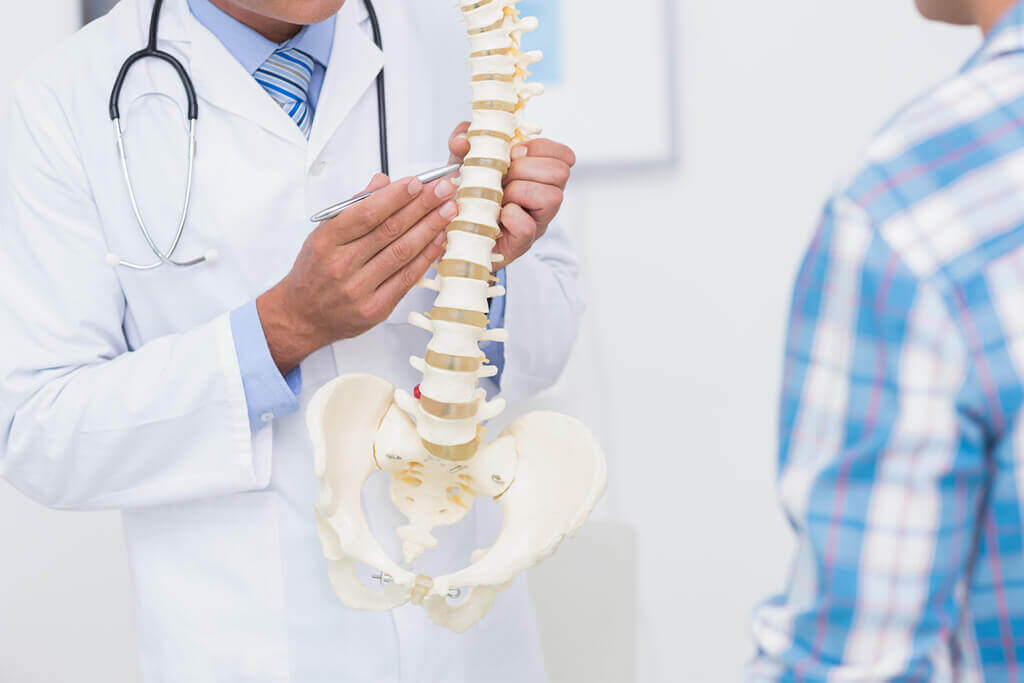Gastroenteritis
Introduction
Anatomy
Whenever you eat and drink, food travels through your digestive system for processing. Your body absorbs nutrients and removes waste products via your digestive system. When you eat, your tongue moves chewed food to the back of your throat. When you swallow, the food moves into the opening of the esophagus. Your esophagus is a tube that moves food from your throat to your stomach.Your stomach produces acids to break down food for digestion. Your stomach processes the food you eat into a liquid form. The processed liquid travels from your stomach to your small intestine. The liquid solidifies as it moves through the large intestine, forming a stool. The stool is eliminated from your body when you have a bowel movement
Causes
There are several causes of gastroenteritis. It is most frequently caused by viral or bacterial infection. Viruses are found in contaminated food and water. Poor hand washing most commonly transmits viruses. Bacterial causes include traveler’s diarrhea, food poisoning, handling undercooked meat or poultry, and handling reptiles with the bacteria.
Parasites, chemical toxins, and food intolerance can cause gastroenteritis. Parasites are found in contaminated drinking water or swimming pools. Chemical toxins are most frequently contained in seafood, certain medications, and metals including lead, mercury, and arsenic. Food allergies or lactose intolerance, the inability to digest milk or cheese products, can also cause gastroenteritis.
Symptoms
Diagnosis
Treatment
Prevention
You can prevent the transmission gastroenteritis with good hand washing. Hands should be washed thoroughly after going to the bathroom and before handling food. You should avoid contaminated food or water. Enzyme supplements are available to help digest foods with lactose. Additionally, there are many lactose-free products available on the market.Am I at Risk
Infants, children, the elderly, and people with suppressed immune systems have the highest risk for getting severe symptoms from gastroenteritis. Your risk is increased if you travel or live in areas with poor sanitation. You are at risk if you eat or drink contaminated food or water.Complications

Copyright © - iHealthSpot Interactive - www.iHealthSpot.com
This information is intended for educational and informational purposes only. It should not be used in place of an individual consultation or examination or replace the advice of your health care professional and should not be relied upon to determine diagnosis or course of treatment.
The iHealthSpot patient education library was written collaboratively by the iHealthSpot editorial team which includes Senior Medical Authors Dr. Mary Car-Blanchard, OTD/OTR/L and Valerie K. Clark, and the following editorial advisors: Steve Meadows, MD, Ernie F. Soto, DDS, Ronald J. Glatzer, MD, Jonathan Rosenberg, MD, Christopher M. Nolte, MD, David Applebaum, MD, Jonathan M. Tarrash, MD, and Paula Soto, RN/BSN. This content complies with the HONcode standard for trustworthy health information. The library commenced development on September 1, 2005 with the latest update/addition on February 16, 2022. For information on iHealthSpot’s other services including medical website design, visit www.iHealthSpot.com.


